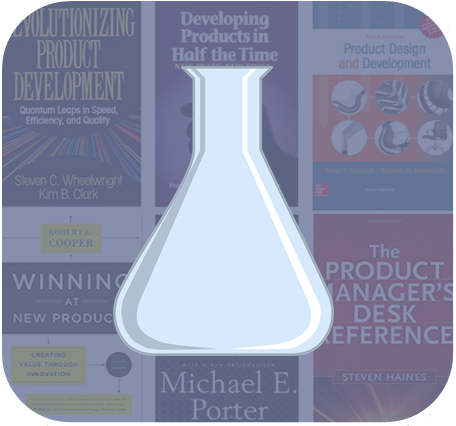Platforms enable other ideas and products by providing an existing infrastructure. Software languages are platforms in that they enable you to do incredible things. WordPress is a platform technology, because here I am creating a website and I have an pretty damn limited knowledge of HTML.
So what are we to do with this information? There are actually not a lot of actionable insights in this chapter when it comes to product development, so I’m going to leave it at this: first, identify platforms, and second, make them available far and wide.
I actually think I could summarize that further by saying this:
“Use platforms to work smarter, not harder.”
First, I like the idea of product development workers being on the look-out for platforms. Whenever I’m first trying to do something new in my job, I tend to look around to see if I can build onto an existing platform first. Why reinvent the wheel if someone has already built a wheel-building platform? That’s not exactly the saying, but you get the idea.
While pure stealing might be better belong in the chapter on exaptation, I think it makes sense to mention it here. There are an enormous number of tools, technologies, software development kits, prototyping labs, and other platforms out there available to you. Look for them!
Second, when it comes to actionable product development advice and platforms, I say make them visible. This is good advice in general; when tools exist, share them with the team.
It might be a bit of a stretch, but even a process or procedure is a platform – it’s an existing insight which allows future people to work smarter. In that sense, platforms are all around you. Make them visible and available to a wide audience and spread the “working smarter” love.
Platforms. They help spawn ideas. Find them. Exploit them. End of Chapter.
